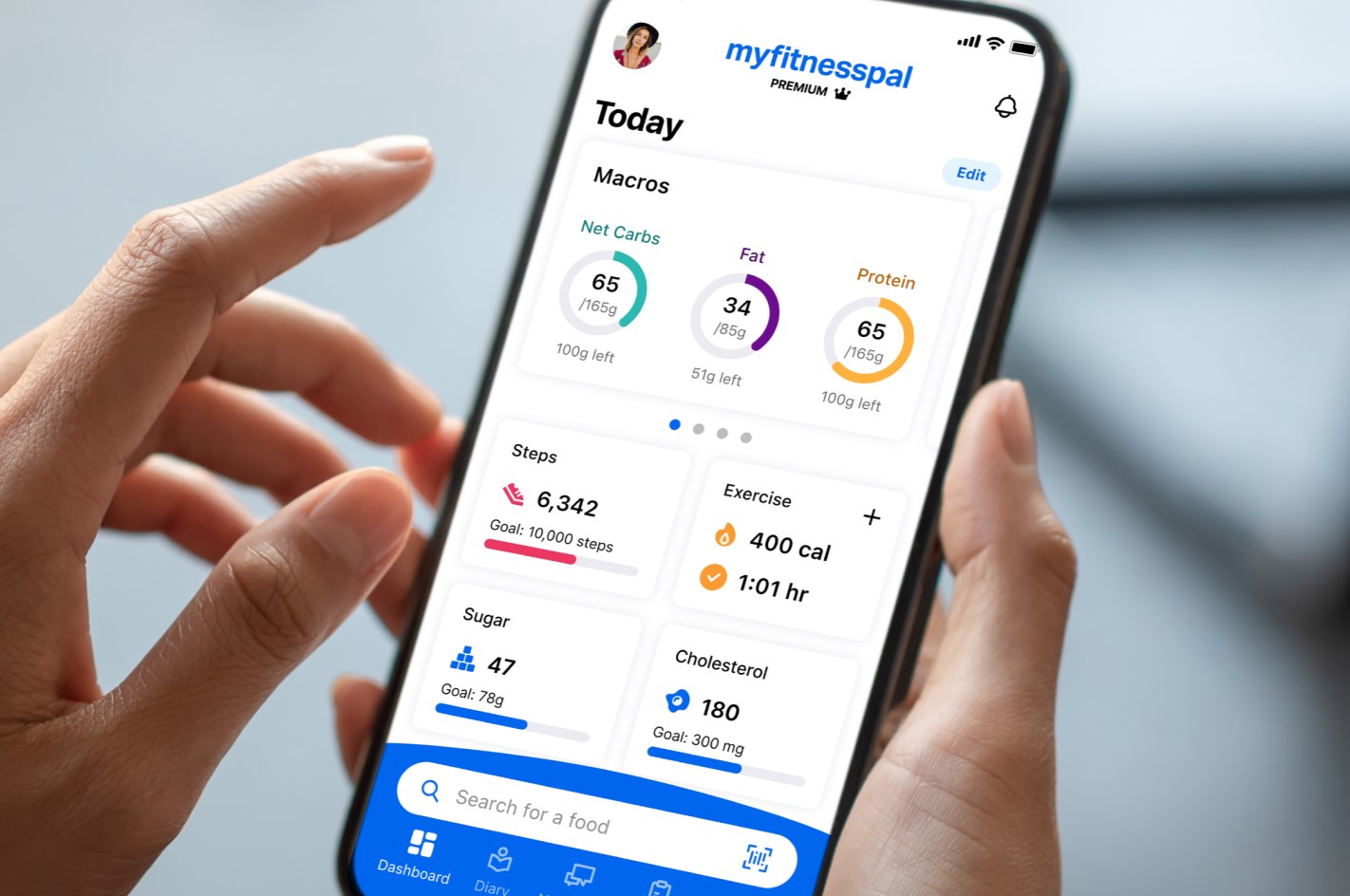
Semaglutide can be a game-changer, but like any medication, it’s crucial to keep track of how you’re doing to ensure it’s working effectively for you. With that said, let’s get straight to business. Here are my top 10 tips to monitor your progress while using Semaglutide.
1. Keep a Daily Journal

Keeping a journal can be such a powerful tool, especially when it comes to managing your health and well-being. It’s like having a trusted friend you can confide in – one that’s always there, ready to listen without judgment.
Why don’t you grab yourself a nice notebook, something that speaks to your personal style? That way, every time you sit down to write, you’ll feel a sense of comfort and ease. It’s the little things, you know?
Then, each day, take a moment to jot down how you’re feeling, both physically and emotionally. Don’t hold back – be honest with yourself. That way, you can start to see the bigger picture. Are there certain patterns emerging? Are there days when you feel particularly energized or drained? Having that record can be so insightful.
What to Include in Your Journal:
- Weight
- Blood sugar levels
- Meals and snacks
- Exercise routines
- Mood and energy levels
- Side effects
2. Regular Check-Ins with Your Doctor
Staying on top of those regular checkups with your healthcare team is so important. They’re really there to be your partners in this whole process.
Those visits give them a chance to take a good look at how you’re doing and make any tweaks needed to your treatment plan. It’s super helpful to bring your journal along too – that way, they can get the full scoop and really understand what’s been going on.
They want to help, so don’t be afraid to open up and let them in on the details. With their expertise and your participation, you can make sure you’re getting the best possible care tailored just for you.
For more detailed information about semaglutide San Antonio, you can check out this comprehensive guide.
Questions to Ask Your Doctor:
- How is my current dosage working for me?
- Are there any side effects I should be particularly concerned about?
- How often should I be checking my blood sugar levels?
3. Use a Digital App
There are tons of super handy apps out there that can make staying on top of your meds, diet, and workouts a breeze.
See, these nifty little apps can send you gentle reminders when it’s time to pop those pills, and they make logging your meals as easy as a few taps.
That way, you can keep everything nice and organized without feeling like you’re back in school, taking notes in your spiral-bound notebook.
Popular Apps to Consider:
- MyFitnessPal
- Glucose Buddy
- Lose It!
4. Monitor Your Blood Sugar Levels
Keeping a close eye on your blood sugar is absolutely crucial when you’re taking Semaglutide, especially if you have diabetes. Understanding your typical blood sugar levels and how they rise and fall during the day can really empower you and your doctor to make the best choices for managing your health.
That way, you can work together to fine-tune your treatment plan and make sure it’s doing everything it needs to for you. It may take a bit of extra effort, but keeping a close pulse on your blood sugar is so worthwhile – it puts you in the driver’s seat and allows you to be a true partner in your own care.
Tips for Accurate Monitoring:
- Check at the same times each day
- Use a reliable glucometer
- Record your readings in your journal or app
5. Pay Attention to Side Effects
Source: novi-health.com
While Semaglutide can be highly effective, it can also come with some side effects. Common ones include nausea, vomiting, and diarrhea. Keep track of any side effects you experience and discuss them with your doctor to see if any adjustments are needed.
Common Side Effects:
- Nausea
- Vomiting
- Diarrhea
- Headaches
6. Stay Consistent with Your Diet
What you eat can significantly impact how well Semaglutide works for you. Maintaining a balanced diet rich in vegetables, lean proteins, and whole grains can help you achieve better results. Try to avoid sugary snacks and processed foods as much as possible.
Healthy Eating Tips:
- Plan your meals ahead of time
- Keep healthy snacks on hand
- Drink plenty of water
7. Incorporate Regular Exercise
Source: healthnews.com
Exercise is another key component in managing your health while on Semaglutide. Whether it’s a daily walk, yoga, or hitting the gym, find an activity you enjoy and stick with it. Exercise can help you manage your weight and improve your overall well-being.
Exercise Ideas:
- Walking or jogging
- Yoga or Pilates
- Strength training
- Swimming
8. Stay Hydrated
Drinking enough water is often overlooked but incredibly important. Staying hydrated can help manage some of the side effects of Semaglutide, like nausea and headaches. Aim for at least eight glasses of water a day.
Hydration Tips:
- Carry a water bottle with you
- Set reminders to drink water
- Add a slice of lemon or cucumber for flavor
9. Get Support from Others
You’re not alone in this journey. Whether it’s friends, family, or online communities, having a support system can make a world of difference. Share your experiences, ask for advice, and lean on others when you need it.
Ways to Find Support:
- Join online forums or social media groups
- Talk to friends and family
- Seek out a mentor or coach
10. Celebrate Small Wins
Last but not least, don’t forget to celebrate your progress. Whether it’s losing a few pounds, hitting a new exercise milestone, or simply feeling better, acknowledging your achievements can keep you motivated.
Ways to Celebrate:
- Treat yourself to a non-food reward
- Share your success with your support system
- Reflect on how far you’ve come
Final Words
Monitoring your progress on Semaglutide doesn’t have to be overwhelming. By keeping a journal, staying in touch with your doctor, and making healthy lifestyle choices, you can ensure you’re getting the most out of your treatment.
Remember, it’s a journey, and every step, no matter how small, is a step in the right direction. Keep going, and don’t hesitate to reach out for support when you need it.
















